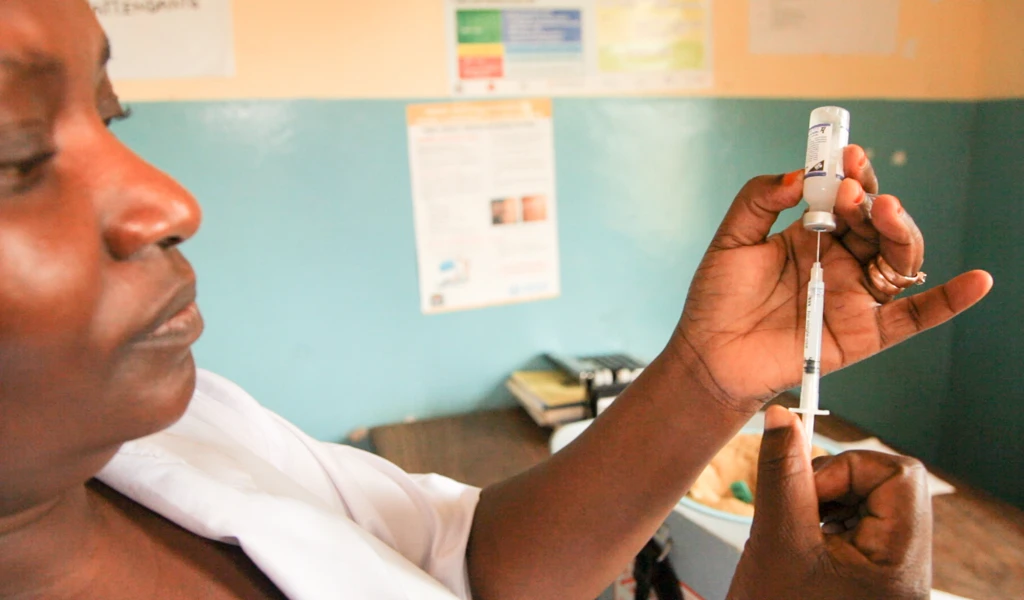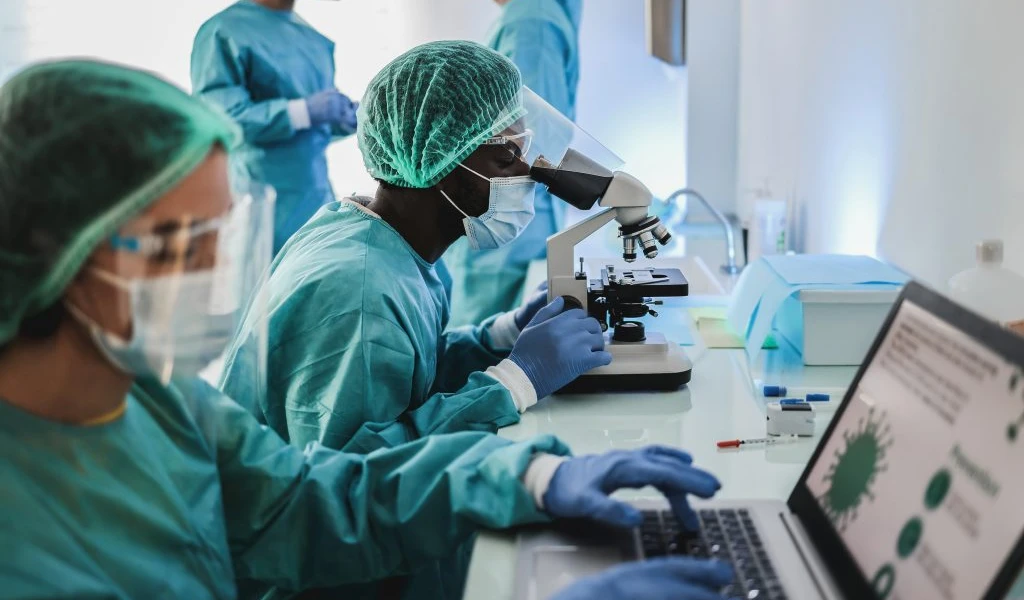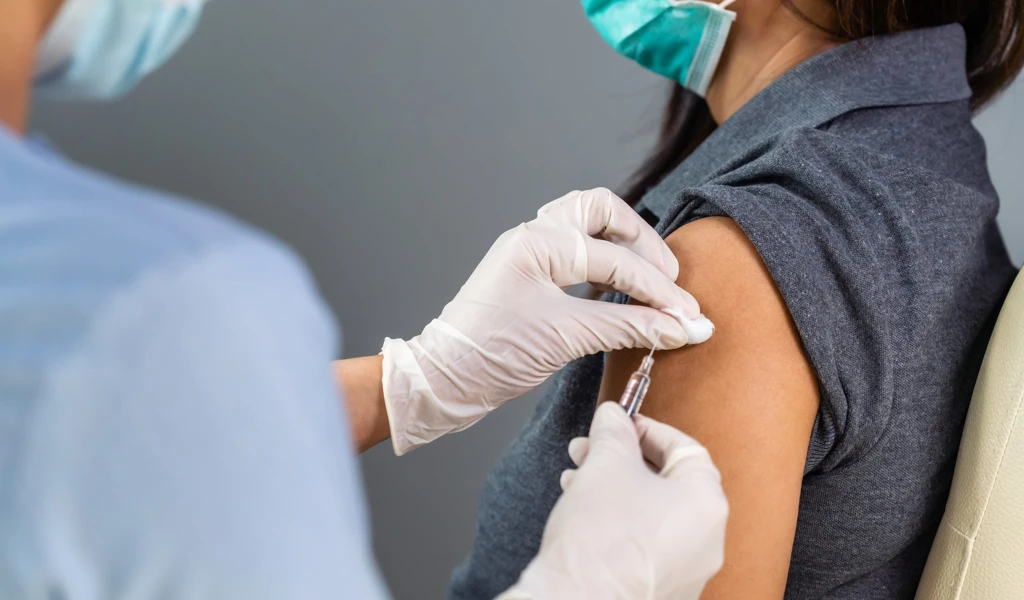The UK Government's Department of Health and Social Care has announced an additional £20 million funding to CEPI to further our mission to advance vaccines against epidemic threats. The funding comes amid the rapid global spread of the outbreak of a novel coronavirus, 2019-nCoV.
The funding was announced by UK Health Secretary Matt Hancock to support our work to develop a wide range of vaccine candidates and platform technologies against emerging infectious diseases. This includes our priority pathogens — Lassa fever, MERS, Nipah, Chikungunya, Rift Valley fever, Ebola, and Disease X — as well as our newly developed programmes to advance vaccines against the novel coronavirus, 2019-nCoV.
Vaccines are our best defense against a host of deadly diseases, including coronavirus. The UK is a hub of world-leading and pioneering research, and it is vital that we lead the way in developing new vaccines to target global threats with scientists from across the world. The £20 million announced today will help our globally recognised vaccine development capabilities continue to develop new defences against emerging diseases including coronavirus. It's paramount we invest in vital research about infectious diseases, keeping the UK at the forefront of modern-day science so we can share this knowledge globally.
CEPI has moved with great urgency and in coordination with the World Health Organization (WHO)—who is leading the development of a coordinated international response—to develop vaccines against the novel coronavirus, 2019-nCoV. The vaccine development programmes will leverage rapid response platforms already supported by CEPI as well as new partnerships. The aim is to advance novel coronavirus vaccine candidates into clinical testing as quickly as possible.
CEPI welcomes the UK's continued support and funding for our vital work, which comes at a crucial moment as the world races to respond to the emergence of a novel coronavirus. The rapid global spread and unique epidemiological characteristics of the virus are deeply concerning.Our hope is that, with our partners, we can get an investigational vaccine from gene sequencing of the pathogen through to clinical testing in 16 weeks. The earliest stage of clinical trials (Phase I), to establish the safety of investigational vaccines, would take around two to four months.This is an extremely ambitious timeline – indeed, it would be unprecedented in the of field vaccine development. It is important to remember that even if we are successful - and there can be no guarantee - there will be further challenges to navigate before we can make vaccines more broadly available.
The UK DHSC first pledged £10 million funding to CEPI to support our work in January 2019.
CEPI's investors include the governments of Norway, Germany, Japan, Canada, Australia, Belgium and the UK, as well as the Bill & Melinda Gates Foundation, Wellcome Trust and the European Commission.
Further information on today's announcement is available here.



